
Find Help
More Items From Ergsy search
-

What if I haven't received my payment by the expected date?
Relevance: 100%
-
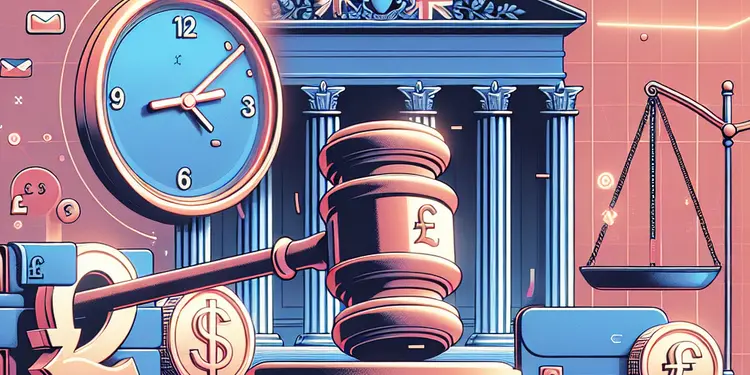
Why might a court date be delayed?
Relevance: 50%
-
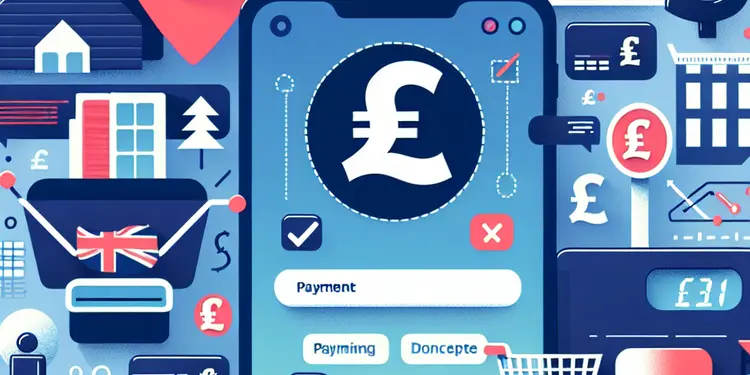
What is a payment on account?
Relevance: 49%
-

What steps can a party take to expedite a court date?
Relevance: 45%
-

What happens if I've missed the payment deadline already?
Relevance: 45%
-
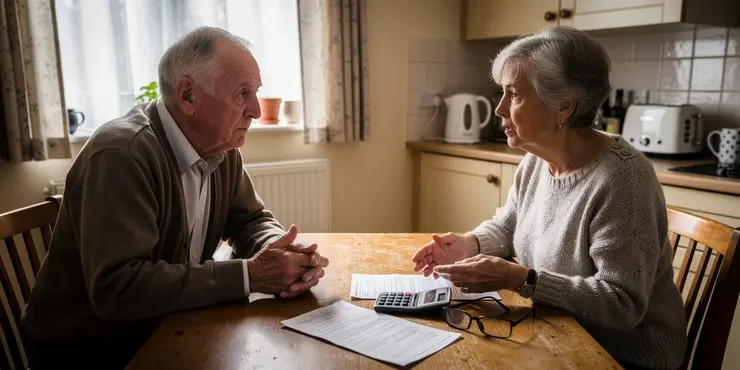
When will I receive the Winter Fuel Payment?
Relevance: 45%
-
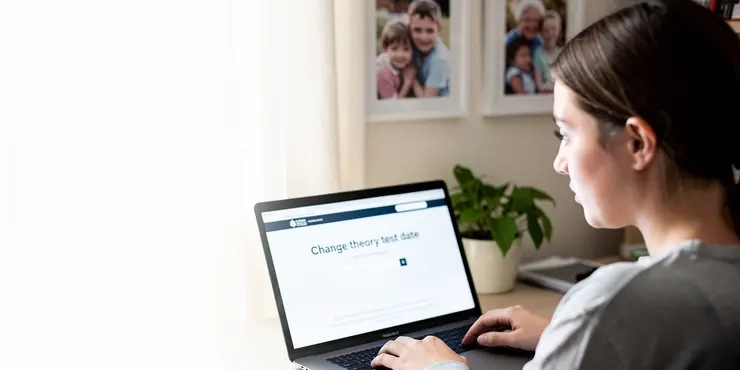
Can I change my DVSA Theory Test date?
Relevance: 45%
-
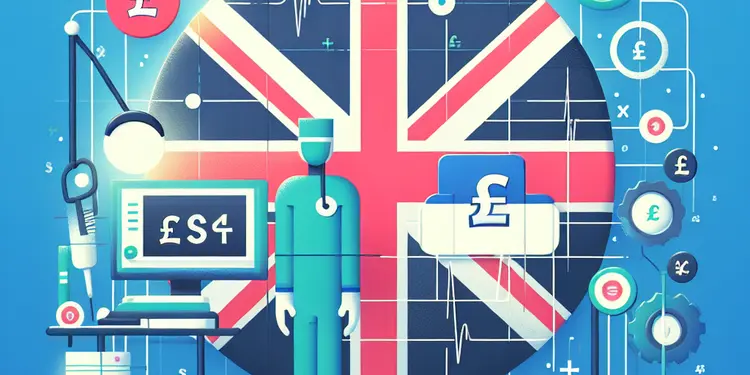
Will changing my surgery date impact my waiting time?
Relevance: 44%
-

When will the £500 payment be distributed?
Relevance: 44%
-

How will I receive the £500 payment?
Relevance: 44%
-

How much will I receive as a Winter Fuel Payment?
Relevance: 42%
-
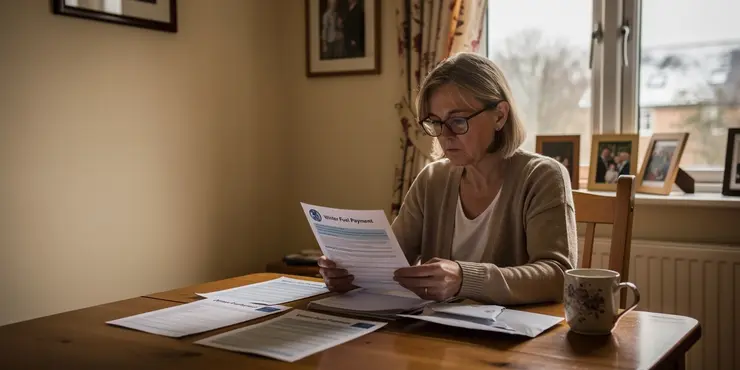
Is there a deadline to claim the Winter Fuel Payment?
Relevance: 42%
-

How can I apply for the £500 cost of living payment?
Relevance: 41%
-
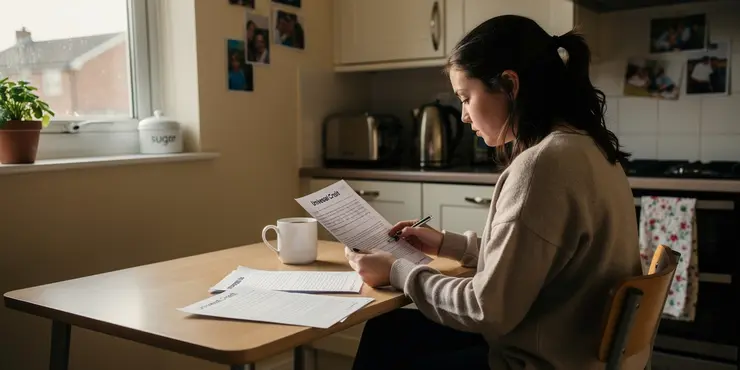
How long does it take to receive the first Universal Credit payment?
Relevance: 41%
-
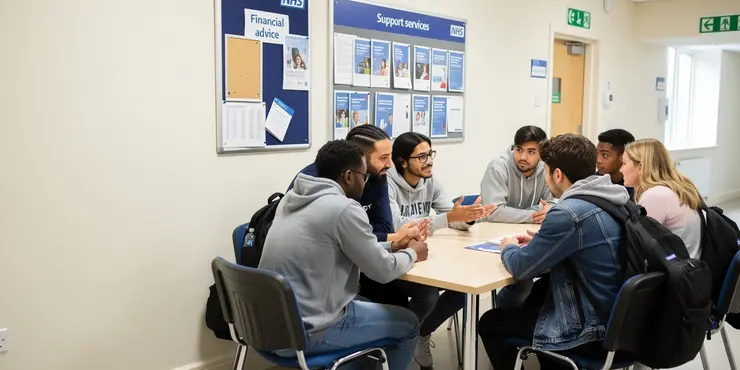
Will students receive the payment directly into their bank accounts?
Relevance: 41%
-
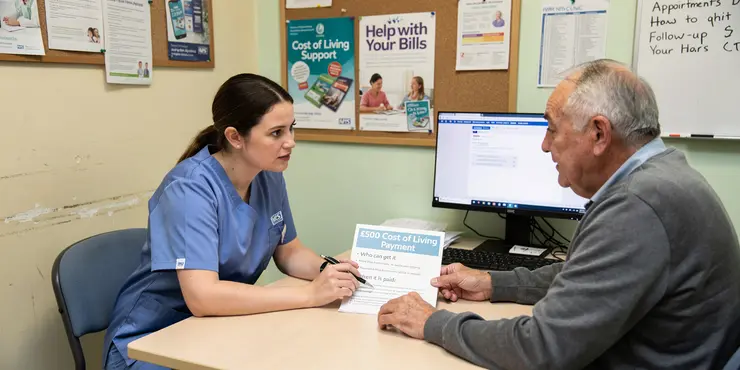
When will I receive the £500 cost of living payment?
Relevance: 41%
-
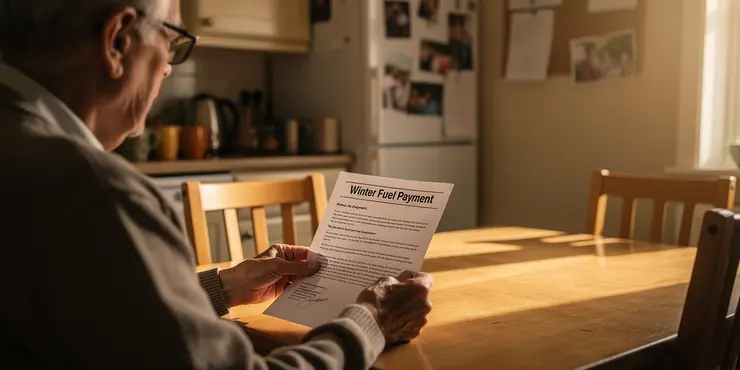
When is the Winter Fuel Payment paid out?
Relevance: 40%
-
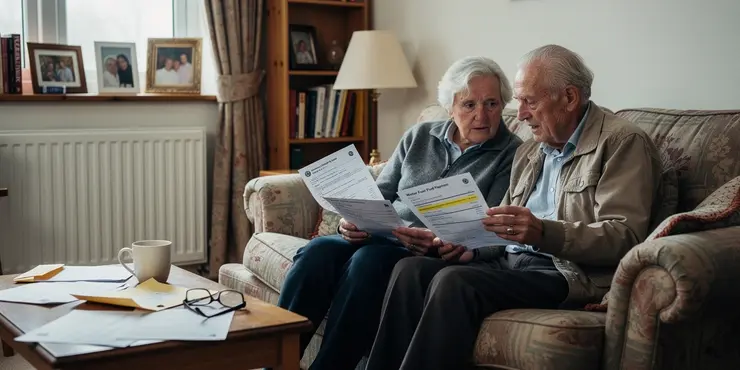
Is the Winter Fuel Payment taxable?
Relevance: 40%
-
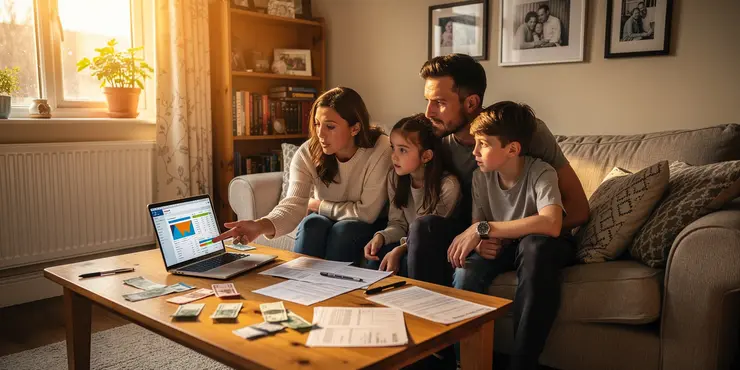
Is the £500 cost of living payment a one-time payment?
Relevance: 40%
-

What should I do if I cannot attend the tribunal on the scheduled date?
Relevance: 40%
-

Is the £500 cost of living payment a one-time payment?
Relevance: 40%
-
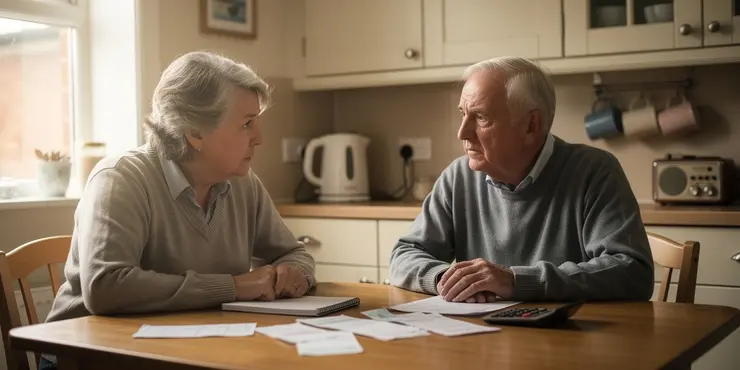
Are pensioners eligible for the £500 cost of living payment?
Relevance: 40%
-

What should I do if I have not been contacted about the payment but believe I am eligible?
Relevance: 40%
-
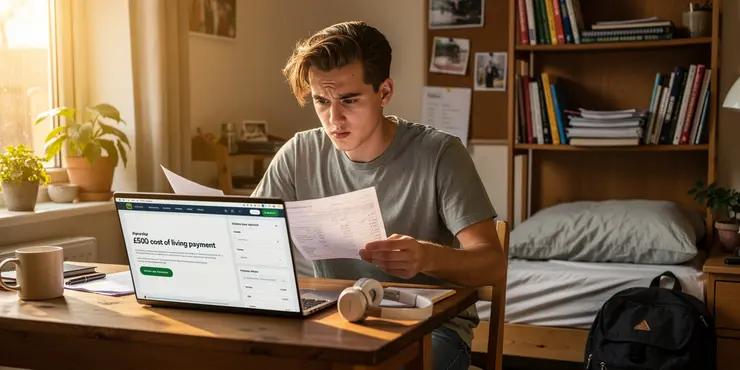
How can students apply for the £500 cost of living payment?
Relevance: 39%
-

Will I get a notification once my payment is made?
Relevance: 39%
-
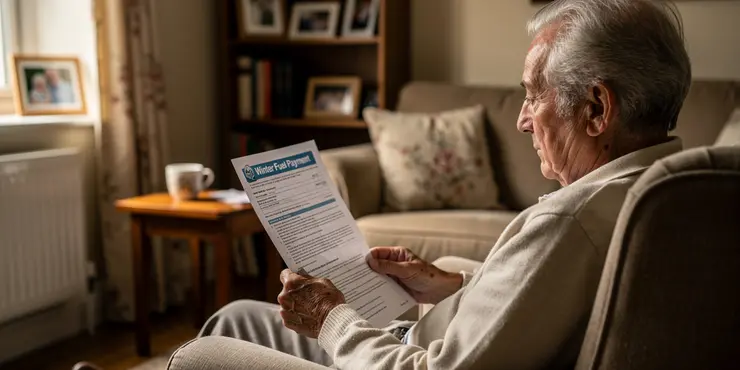
How do I get the winter fuel payment in Scotland?
Relevance: 39%
-
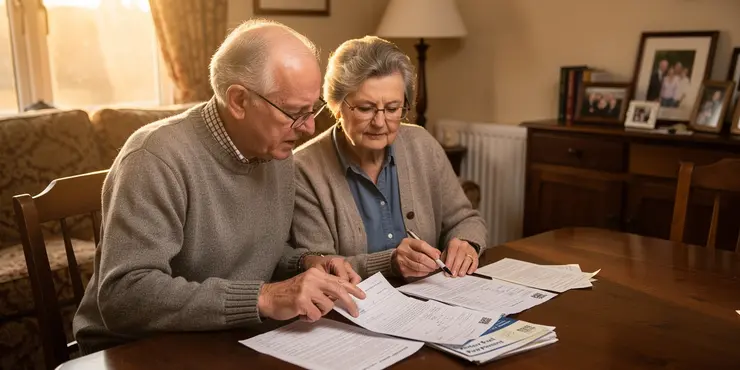
How do I apply for the Winter Fuel Payment in Scotland?
Relevance: 39%
-

What is the £500 cost of living payment?
Relevance: 39%
-

When are the proposed cuts expected to take effect?
Relevance: 39%
-

Is documentation of student status required for the payment?
Relevance: 39%
-
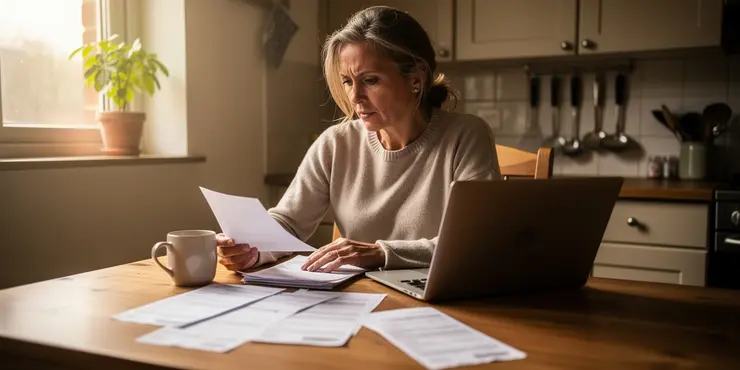
how do I get the £500 cost of living payment before March deadline?
Relevance: 39%
-
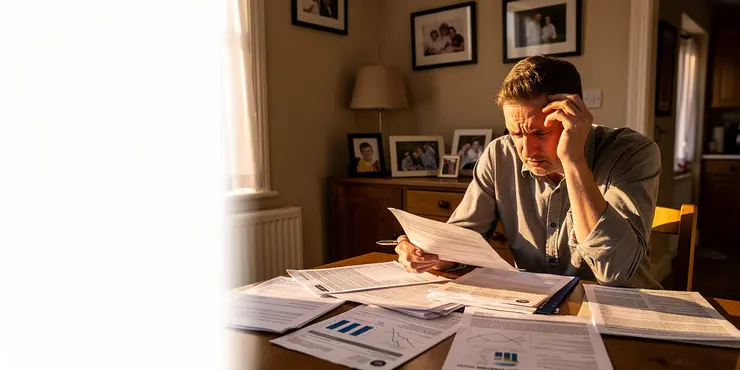
Is there a penalty for late payment of Stamp Duty in the UK?
Relevance: 39%
-
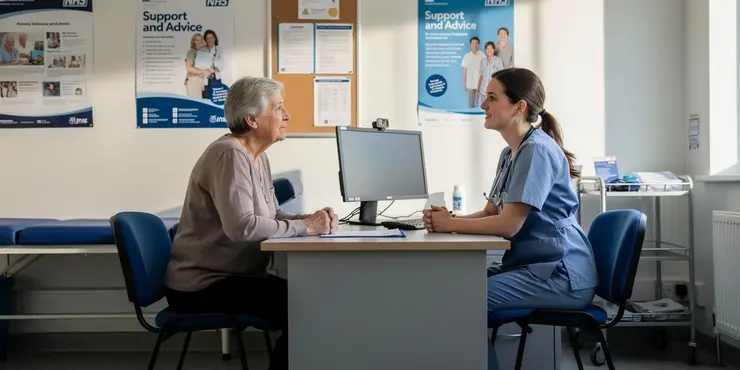
How do I apply for a Funeral Expenses Payment?
Relevance: 39%
-

What is a 'balloon payment' in a PCP deal?
Relevance: 38%
-
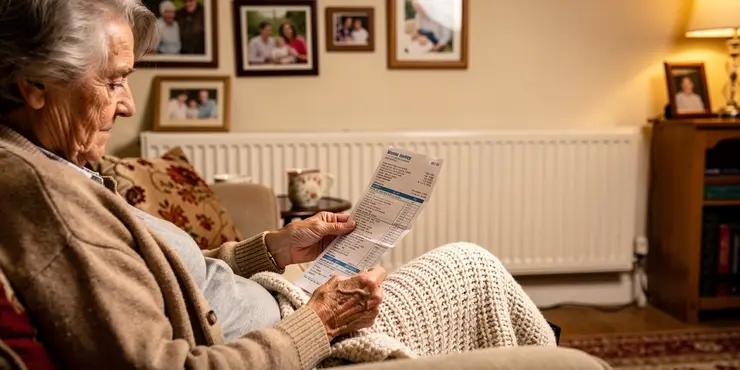
Can I get the Winter Fuel Payment if I receive other benefits?
Relevance: 38%
-
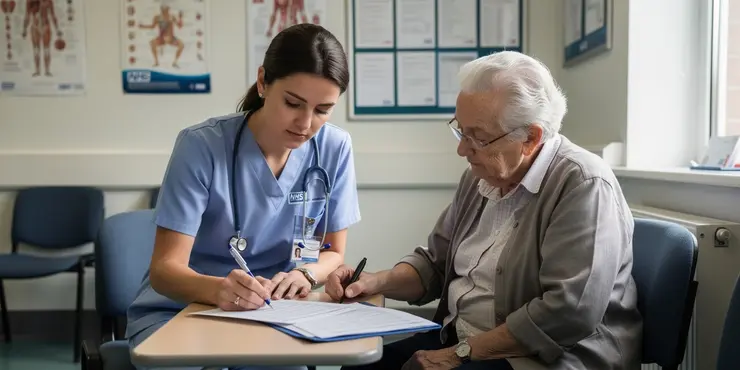
Can I claim the Winter Fuel Payment on behalf of someone else?
Relevance: 38%
-

What is the deadline for students to apply for the £500 payment?
Relevance: 38%
-

Can I receive the payment if I live abroad?
Relevance: 37%
-

Do nicotine pouches have an expiration date?
Relevance: 37%
-
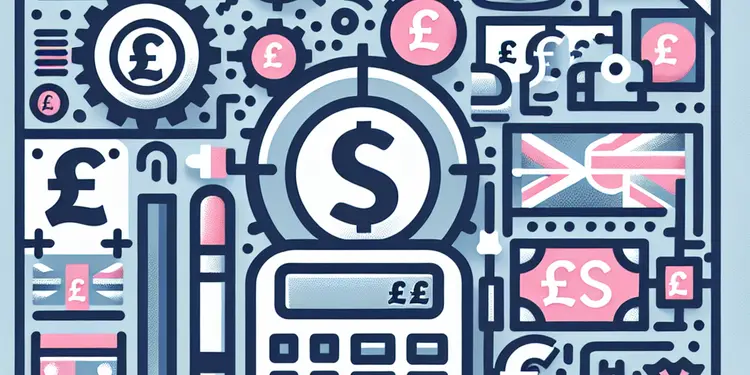
What should I do with my automatic payments when switching banks?
Relevance: 37%
Understanding the Situation
If you haven't received your payment by the expected date, it's essential to first understand the potential reasons behind the delay. Payments can be delayed due to processing errors, issues with banking networks, or administrative oversights. Additionally, external factors such as bank holidays or system outages can also contribute to delays.
Checking Your Bank Account
Ensure that you have checked your bank account thoroughly. Sometimes, payments may arrive without immediate notification. Log into your online banking platform or mobile banking app to verify the transaction history. If the payment is not reflected, the problem might not be with your bank.
Contacting the Payer
Reach out to the entity or individual responsible for the payment. Whether it's your employer, a client, or a government agency, contacting them directly can provide clarity. Ask if the payment was sent, confirmed, and the expected time for it to be received. It's useful to have any relevant reference numbers or payment details on hand.
Reviewing Your Payment Details
Verify the bank details on file with the payer. Even a small error in the account number or sort code can lead to delays or misdirection of funds. If a mistake is found, provide the correct information immediately to facilitate the payment process.
Allowing for Processing Times
Some payments may take longer to process due to the method used. For instance, BACS payments typically take up to three working days, while CHAPS payments are usually same-day but can be subject to additional checks. Be sure to account for standard processing times before escalating the issue.
Consider External Factors
Consider whether external factors such as public holidays or bank system upgrades might have delayed the payment. These events can sometimes cause unexpected delays in processing payments. Checking with your bank or the payer about any such factors can help set realistic expectations.
Taking Further Action
If the payment issue remains unresolved, consider escalating it. For payroll-related issues, speak to your HR or payroll department. If it's a business transaction, follow up with the accounts department. In cases involving benefits or government payments, contact the relevant government agency.
Legal Considerations
If you still have not received your payment and all reasonable avenues have been exhausted, you may need to consider legal advice. This is especially pertinent if it involves significant amounts or breach of contract. Contacting a legal advisor or seeking help from organisations like Citizens Advice can provide guidance on potential next steps.
Where Is My Payment?
If your payment is late, don't worry. There can be many reasons. Sometimes, it takes time because of mistakes or busy banks. Holidays or computer problems can also slow things down.
Look at Your Bank Account
Check your bank account carefully. Sometimes money is there, but you didn't get a message yet. Use your phone or computer to look at your bank transactions. If you don't see the money, the problem might not be your bank.
Contact the Person Who Should Pay You
Talk to the person or company who should pay you. It could be your boss, a customer, or the government. Ask if they have sent the payment and when it should arrive. It's good to have your payment details ready.
Check Your Payment Details
Make sure your bank details are correct with the person paying you. Even a small mistake can cause delays. If there is an error, tell them the right details quickly to help get your money.
Wait for Processing Time
Sometimes payments need time to go through. Some payments take up to three days; others might be faster. Wait these days before worrying too much.
Think About Other Reasons
Check if there are other reasons like holidays or if banks are updating their systems. These can cause late payments. Ask your bank or the person paying you if this is why your payment is delayed.
What to Do Next
If you still don't get your money, you may need to talk to someone. If it is a salary, ask your HR or payroll. If it's from a business, check with accounts. For government payments, contact the right agency.
Getting Legal Help
If you have tried everything and still no payment, you might need legal help. This is important if it's a lot of money. You can ask a lawyer or groups like Citizens Advice for help on what to do next.
Frequently Asked Questions
What should I do if I haven't received my payment by the expected date?
First, check with your bank or payment provider to ensure there's no issue on their end. Then, contact the payer for further assistance.
Could there be a delay in the payment processing?
Yes, sometimes payments can be delayed due to bank holidays, technical issues, or processing times differences between banks.
Is there a way to track my payment?
If a tracking option is available, the payer should provide the details. Many modern payment systems offer tracking from the sender side.
Should I check with my bank if my payment hasn’t arrived?
Yes, check with your bank to see if the payment has been received on their end or if there's an issue with your account.
What details should I have ready when contacting support about a missing payment?
Have the payment date, amount, sender’s information, and payment reference number, if available, ready.
Could my payment be transferred to the wrong account?
It is possible if incorrect details were provided. Confirm with your payer that the details were correct.
How long should I wait before taking further action if my payment is late?
It depends on the payment method, but generally, allow 1-3 business days after the expected date before escalating the issue.
Who should I contact first if I haven’t received my payment?
Start by contacting the payer to verify the payment was sent and get details on its processing status.
Could a public holiday affect my payment processing?
Yes, payments can be delayed if the expected date or following days are public holidays in your or the payer’s country.
What if the payment was sent to a closed bank account?
The funds should automatically return to the sender’s account, but confirm with the sender and your bank.
Can online payment services delay my payment?
Yes, online payment services might occasionally experience delays due to technical glitches or high volumes of transactions.
What happens if the payer has proof of transfer but I haven't received it?
Ask the payer for proof of transfer, like a transaction reference, and consult your bank with the information.
Is there a common time frame for resolving a delayed payment issue?
Resolution times can vary, but most banks and payment portals aim to resolve issues within 7-10 business days.
Can payment systems have downtime affecting my payment?
Yes, system maintenance or outages can impact payment processing times temporarily.
What if the payer confirms the payment was not issued?
Ask the payer to initiate the payment immediately and verify the correct account details.
Can currency conversion cause a delay in receiving my payment?
Yes, payments involving currency conversion can experience additional processing time.
Should I verify my account details if my payment is delayed?
Yes, verify that the details provided to the sender are correct to avoid any potential redirection issues.
Are there any fees that might affect my payment reception?
Check with your bank if they deduct any processing fees that might impact the expected amount.
What if my account is under review when the payment is due?
Contact your bank's support to expedite the review process or provide any necessary documents.
Is it common to face delays with international transfers?
Yes, international transfers can take longer due to additional processing by intermediary banks or differing regulations.
What can I do if my money hasn't come on time?
First, ask your bank or the company that handles your money if there’s a problem. Then, talk to the person who sent you the money to get more help.
Can the payment take longer?
Sometimes, paying can take more time. Here are some tips to help:
- Check if you have enough money.
- Make sure your card details are correct.
- Ask an adult for help if you need it.
Yes, sometimes payments are late. This can happen because of bank holidays, problems with the computers, or because banks take different times to process payments.
Can I see where my payment is?
Yes, you can! You can use a payment tracker to see where your money is.
If you need help, ask someone you trust to show you how.
If there is a way to track your payment, the person who paid should tell you about it. Lots of new payment tools let you see where your money is going from the sender's side.
What should I do if my money hasn’t reached my bank?
If the money you are waiting for hasn’t arrived, here are some things you can do:
- Contact your bank: Ask them if they know where your money is.
- Check your account: Look at your bank account to make sure the money is not there yet.
- Get help: Ask a family member or friend to help you check.
- Set reminders: Use a calendar or alarm to remind you to check again later.
Remember, it's okay to ask for help!
Ask your bank if they got the payment. They can tell you if it worked or if there is a problem with your account.
What do I need when I talk to support about a missing payment?
If you need to tell support about a payment that is missing, it helps to have some information ready. Here is what you should have:
- Date: Know when the payment was supposed to happen.
- Amount: How much money was the payment?
- Account details: Have your account number or ID ready.
- Payment method: Was it a card, bank transfer, or something else?
- Receipt or confirmation: If you got a receipt, have it with you.
You can use a notebook or phone to write these down before you call. You can also ask someone you trust for help if you need it.
Be ready with these things:
- The date you paid.
- The amount of money you paid.
- Who sent the money.
- If you have it, the payment reference number.
If reading is hard, you can try these tips:
- Use a pointer like your finger or a pen to follow the words.
- Read out loud to help you understand.
- Ask someone to read with you and help.
Can my money go to the wrong bank account?
Sometimes a mistake is made if the wrong details are given. Talk to the person who paid you to make sure everything was right.
What should I do if my payment is late?
Wait a little bit before doing anything. This is to give it time to arrive. Here are some tips:
- Wait a week: Before doing anything, see if it comes in a week.
- Use a calendar: Mark the day the payment should have arrived and the day it did arrive.
- Ask for help: You can talk to a family member or a friend if you are not sure what to do.
- Write it down: Keep notes about what you have done and when. This can help if you need to explain things later.
How you pay makes a difference. Usually, give it 1-3 business days after you think it should be done. Wait this long before saying there's a problem.
Who do I talk to first if I did not get my money?
First, talk to the person or company who is paying you. Make sure they sent the payment and check how it is being processed.
Can a public holiday change when I get paid?
Yes, payments might be late if the expected date or the days after are holidays in your country or the country of the person paying you.
What if the money was sent to a bank account that is closed?
If someone sends money to a bank account that is closed, the bank will usually send the money back to the person who sent it. But sometimes it can take a little time.
If you need help, you can:
- Ask someone you trust to help you with your bank account.
- Call the bank to ask what to do.
- Use a calculator for managing money.
Try to keep track of which bank accounts you use, and let people know if you change them.
The money should go back to the sender’s account by itself. But, check with the person who sent the money and your bank to be sure.
Can paying online take longer?
When you pay online, it might take some time for the payment to go through. Here are some things to help:
- Use a timer or clock to know when to check back.
- Ask an adult for help if you're not sure.
- Keep important numbers and email addresses handy in case you need to contact the service.
Sometimes, paying online can be slow. This might happen because of problems with the computers or lots of people paying at the same time.
What if someone says they paid me, but I didn't get the money?
If someone says they sent you money, but you don't have it, here are some things you can do:
- Check your bank account again. Look for the payment.
- Ask the person for proof. They can show you a receipt or a photo of the payment.
- Contact your bank. They can help you find out where the money is.
If you're still confused:
- Use a ruler or your finger to follow the words as you read them.
- Ask a friend or family member to help you understand.
Ask the person who sent money to show you that they sent it. They can give you a number called a transaction reference. Take this number to your bank and ask them for help.
How long does it take to fix late payment problems?
Sometimes, when you are waiting for money, it can be late. This can be frustrating. Here is how you can make it easier:
- Ask, "When will I get my money?"
- Keep a record of calls or emails about the payment.
- Use a calendar to track the days you are waiting.
If you need extra help, you can talk to someone you trust or use simple apps to remind you of important dates.
Fixing problems can take different amounts of time. But, most banks and payment places try to fix things in 7-10 working days.
Can payment systems stop working and affect my payment?
Sometimes, the system needs fixing or stops working. When this happens, paying might take longer.
What if the person paying says they did not send the money?
Ask the person who is paying to send the money right away. Make sure the account details are correct.
Can changing money slow down my payment?
Yes, it might take a bit longer to finish payments that change money from one type to another.
What should I do if my payment is late?
If your money is late, it can help to check if your account details are correct. Make sure your name, number, and bank info are right. You can also ask someone you trust for help, like a family member or a friend.
Yes, check that the information you give to the sender is correct. This will help make sure there are no problems sending it to the wrong place.
Will there be any extra costs when I get my money?
Ask your bank if they take any money for handling your payments. This can change the amount you get.
What happens if my account is being checked when I need to pay?
- If your account is being looked at, you might not be able to use it as usual.
- Don't worry, just wait. They will finish checking soon.
- You may want to use a tool that reads the text out loud for you.
- You could also ask someone to help explain what to do next.
Talk to your bank's help team to speed up the review. They might also need you to send some important papers.
Do money transfers to other countries take longer than expected?
Sometimes, sending money to another country can take a long time. This happens often, so it's normal.
To help, you can:
- Ask the bank or company how long it will take.
- Use online tools to track where your money is.
- Plan and send money early if it's important.
Yes, sending money to another country can take longer. This is because more banks need to help move the money. Also, different rules in each country can slow things down.
To help with understanding, you can use online tools that explain money transfers in simple steps. You can also ask someone you trust to explain it to you.
Useful Links
This website offers general information and is not a substitute for professional advice.
Always seek guidance from qualified professionals.
If you have any medical concerns or need urgent help, contact a healthcare professional or emergency services immediately.
Some of this content was generated with AI assistance. We’ve done our best to keep it accurate, helpful, and human-friendly.
- Ergsy carfully checks the information in the videos we provide here.
- Videos shown by Youtube after a video has completed, have NOT been reviewed by ERGSY.
- To view, click the arrow in centre of video.
- Most of the videos you find here will have subtitles and/or closed captions available.
- You may need to turn these on, and choose your preferred language.
- Go to the video you'd like to watch.
- If closed captions (CC) are available, settings will be visible on the bottom right of the video player.
- To turn on Captions, click settings .
- To turn off Captions, click settings again.
More Items From Ergsy search
-

What if I haven't received my payment by the expected date?
Relevance: 100%
-

Why might a court date be delayed?
Relevance: 50%
-

What is a payment on account?
Relevance: 49%
-

What steps can a party take to expedite a court date?
Relevance: 45%
-

What happens if I've missed the payment deadline already?
Relevance: 45%
-

When will I receive the Winter Fuel Payment?
Relevance: 45%
-

Can I change my DVSA Theory Test date?
Relevance: 45%
-

Will changing my surgery date impact my waiting time?
Relevance: 44%
-

When will the £500 payment be distributed?
Relevance: 44%
-

How will I receive the £500 payment?
Relevance: 44%
-

How much will I receive as a Winter Fuel Payment?
Relevance: 42%
-

Is there a deadline to claim the Winter Fuel Payment?
Relevance: 42%
-

How can I apply for the £500 cost of living payment?
Relevance: 41%
-

How long does it take to receive the first Universal Credit payment?
Relevance: 41%
-

Will students receive the payment directly into their bank accounts?
Relevance: 41%
-

When will I receive the £500 cost of living payment?
Relevance: 41%
-

When is the Winter Fuel Payment paid out?
Relevance: 40%
-

Is the Winter Fuel Payment taxable?
Relevance: 40%
-

Is the £500 cost of living payment a one-time payment?
Relevance: 40%
-

What should I do if I cannot attend the tribunal on the scheduled date?
Relevance: 40%
-

Is the £500 cost of living payment a one-time payment?
Relevance: 40%
-

Are pensioners eligible for the £500 cost of living payment?
Relevance: 40%
-

What should I do if I have not been contacted about the payment but believe I am eligible?
Relevance: 40%
-

How can students apply for the £500 cost of living payment?
Relevance: 39%
-

Will I get a notification once my payment is made?
Relevance: 39%
-

How do I get the winter fuel payment in Scotland?
Relevance: 39%
-

How do I apply for the Winter Fuel Payment in Scotland?
Relevance: 39%
-

What is the £500 cost of living payment?
Relevance: 39%
-

When are the proposed cuts expected to take effect?
Relevance: 39%
-

Is documentation of student status required for the payment?
Relevance: 39%
-

how do I get the £500 cost of living payment before March deadline?
Relevance: 39%
-

Is there a penalty for late payment of Stamp Duty in the UK?
Relevance: 39%
-

How do I apply for a Funeral Expenses Payment?
Relevance: 39%
-

What is a 'balloon payment' in a PCP deal?
Relevance: 38%
-

Can I get the Winter Fuel Payment if I receive other benefits?
Relevance: 38%
-

Can I claim the Winter Fuel Payment on behalf of someone else?
Relevance: 38%
-

What is the deadline for students to apply for the £500 payment?
Relevance: 38%
-

Can I receive the payment if I live abroad?
Relevance: 37%
-

Do nicotine pouches have an expiration date?
Relevance: 37%
-

What should I do with my automatic payments when switching banks?
Relevance: 37%


